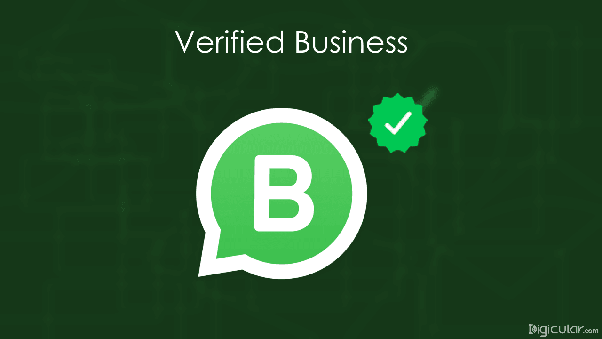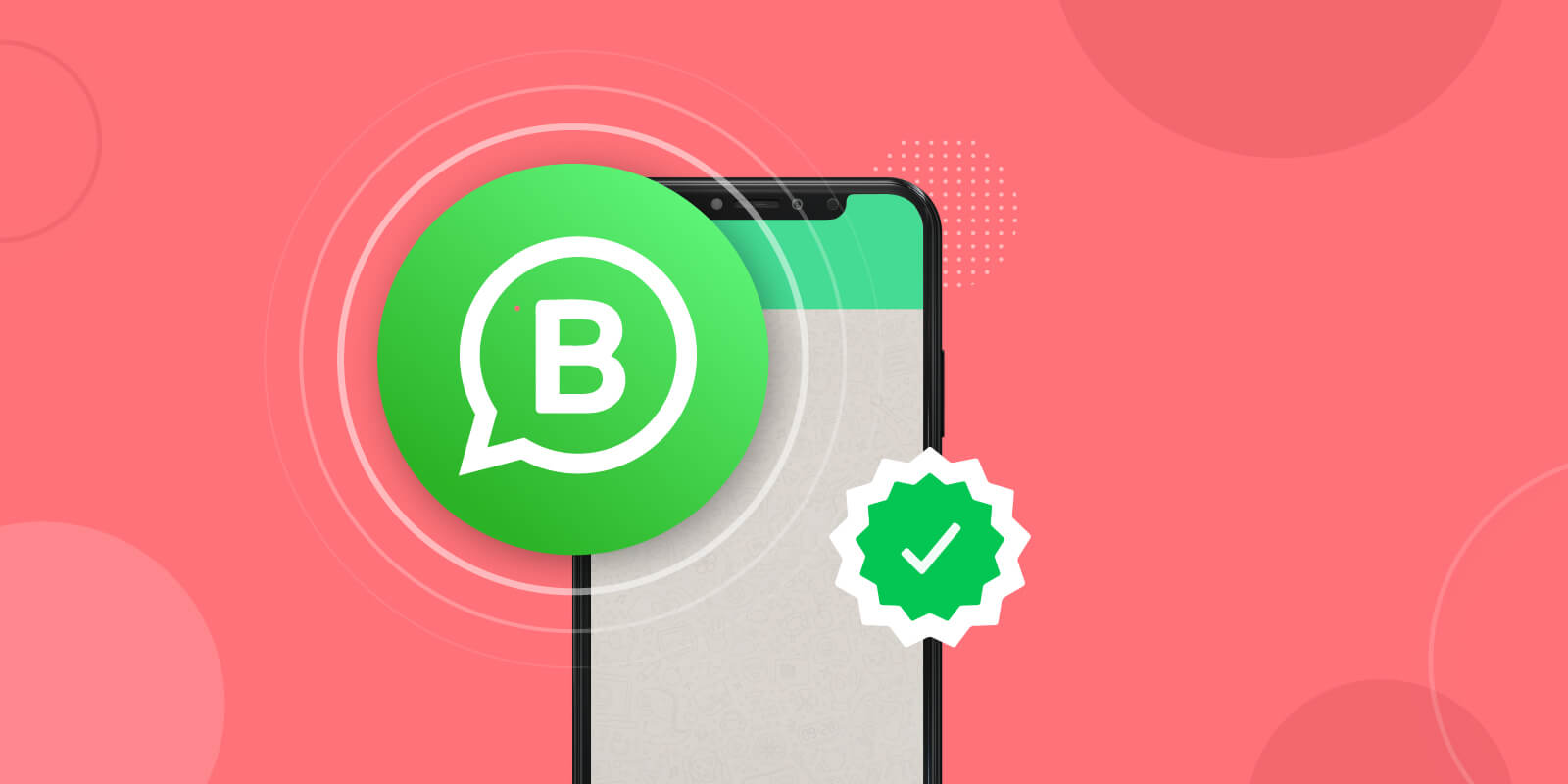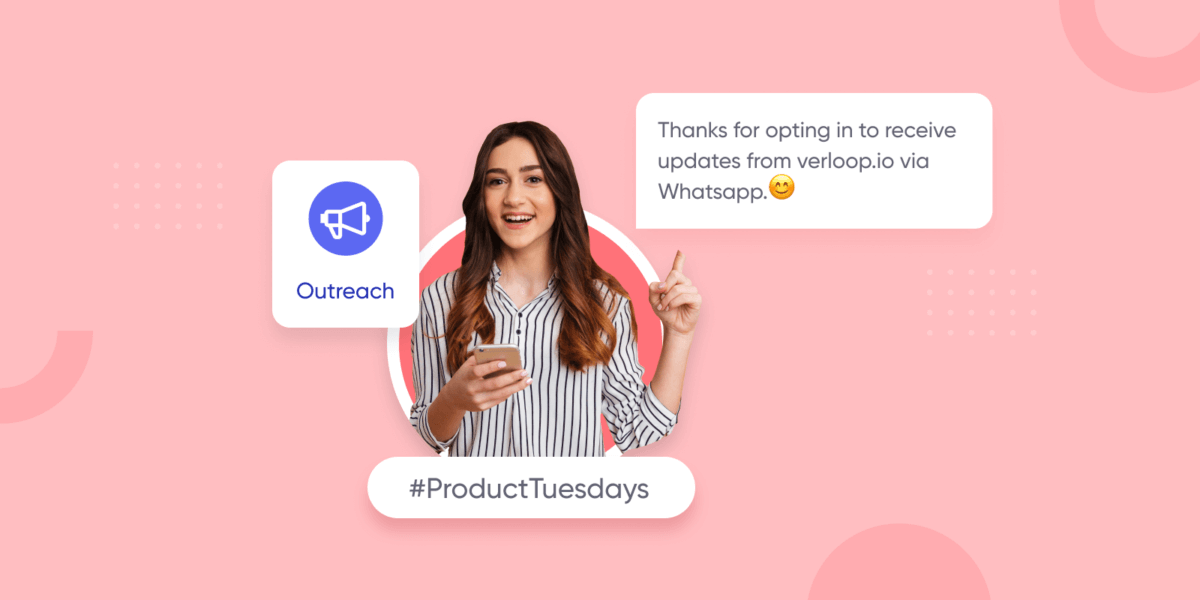WhatsApp Business Allows You to Build Bots: All You Need to Know

WhatsApp Business Allows You to Build Bots: All You Need to Know
We've published a new article "Step by Step Guide for building Whatsapp bots" and how to do them right for your business. You can read it here.

As we hypothesized two months ago, Whatsapp, in fact, did release a Whatsapp for Business tool, that allows a business to “slow reply”. The WhatsApp Business API lets businesses respond to messages from users for free for up to 24 hours, but will charge them a fixed rate by country per message sent after that.
So how did we get here?

TL;DR – It’s been a long time coming.
As more and more people head over to messaging as opposed to social media, Facebook and its owned entities have to keep up with the trend. That’s one of the primary drivers behind Facebook splitting it’s in core app into Facebook and Messenger, a move that caused a substantial backlash when it was announced. Facebook argued that the split was necessary to make the clunky Facebook app less bloated, and in the three years since the split, Mark Zuckerberg stands vindicated. Messenger has 1 billion downloads and shows no sign of slowing down.
In late 2017, the $100 billion valued Instagram joined this train of thought, albeit more quietly. Instagram rolled out ‘Direct’, a sort-of Messenger for the Instagram platform.
The plan is simple, monetize Direct to make transactions easier and to allow for smoother company-customer conversations. With Direct, customers will be able to buy their favourite products from their favourite influencers without leaving the app.
Following in the footsteps of its Facebook step-brothers, Whatsapp has now released its APIs so companies can build bots on the platform.
Learn how to create WhatsApp Business Account

So a Whatsapp Bot was Simply the Next Logical Step?
It wasn’t, right until May 1st, 2018, when this headline broke.
WhatsApp CEO, Co-Founder Jan Koum Says He’s Leaving Facebook
Whatsapp has seen a major C Level corporate change this year. WhatsApp CEO and co-founder Jan Koum, the company’s CEO quit in May, over disagreements about what the future of the platform was.Koum famously promised to keep WhatsApp ad-free, though the app is owned by Facebook, one of the world’s biggest advertising companies.
And with Koum bidding farewell, Whatsapp lost one of its staunchest internal advocates for user privacy, amid a broader crisis of trust over Facebook’s treatment of personal data.
Which should make what happened right after Koum stepped down not surprising at all.
Facebook Messaging head David Marcus announced that WhatsApp will be ‘more open’ to advertisers.
Whatsapp over the past year has released a slew of new features, seemingly distancing itself from the original idea of a ‘light messenger’. Certain updates are competition-oriented, like better “group features” to ward off Telegram, and a Snapchat style 24-hour status-update, while others are to better integrate Whatsapp into the Facebook ecosystem. Don’t be fooled though, every one of these updates is an effort to bring Whatsapp more in line with Facebook’s business model.
Some updates, however, are explicitly launched to help users ease into working with businesses on the platform. As early as April last year, Facebook considered peer-to-peer payments on Whatsapp. By January 2018, they launched a beta, with Facebook employees being the first test subjects.
Most notably, however, Whatsapp launched Whatsapp Business, a sort-of beta test run of bots on the platform, complete with quick replies, analytics, and automated messages. Whatsapp Business currently has 3 million users, all of the messages that companies send being free.
None of this shows any sign of slowing down. After Koum stepped down, Facebook appointed Chris Daniels, the guy who’s been running Internet.org as Whatsapp’s new head.
In his new role, Daniels will report to Facebook Chief Product Officer Chris Cox. Daniels’s new job is just one of many new roles handed out at the company, where Facebook underwent what was arguably it’s largest organizational restructuring in history.
Finally, Whatsapp for Business is Here for its Customers. the Only Question is, Will You Be?
With its monetization of the service, Facebook takes its first step in redeeming its $19 billion investment into Whatsapp. Whatsapp has three primary revenue generation drivers under this new system.
I. Charging for replies
Charging for slow replies after 24 hours is a stroke of genius since it creates an unprecedented natural demand for the product. When customers start using Whatsapp and get quicker service, they’ll naturally come to prefer it over other channels. This gives Facebook better leverage in pricing, and they’ll be able to charge companies through their for either faster replies or more chats.
II. Ads on Facebook that link into Whatsapp
Ads on Facebook that allow customers to talk to companies directly using Whatsapp is another jewel. The speed of quicker replies on a platform they’re comfortable with not only increases the likelihood of customers clicking Facebook ads, improving revenue on their primary product, it also allows Facebook to charge companies for more blocks of chat quota.
III. Ads on the “Status” page of Whatsapp.

By far the most annoying, and intrusive feature of Whatsapp’s monetization, however, is bound to be the Ads on the ‘Snapchat Story’ style “Status” page. But to those who fear for the ruination of their favorite messaging platform, fear not, Facebook claims that this feature will only launch in 2019.
Companies have already started lining up around the block for Whatsapp’s offerings, and you can’t blame them. Whatsapp for Business validates the half a decade-long push towards a messaging powered conversational marketing and support system. It’s a victory for better customer service across the world.
Whatsapp for Enterprise is still in beta and it will continue like this for the next months. This means that Whatsapp is going to select what companies can access the beta program on a one-by-one basis, gradually accepting more and more companies. If you go about it alone, you may or may not receive access, but with Verloop you can build bots for platforms like your Website, Facebook, and even Whatsapp.
Given the popularity of Chatbot for Whatsapp Business, we expect an overwhelming interest from all over the world. This means it might take a while for your application to get approved. In the meantime feel free to reach out to us to learn about how you can automate your lead generation and customer support.
If you'd like to build a Whatsapp bot for your business, receive further updates and get advice on how to implement conversational marketing on all your other platforms, sign up for Verloop.






